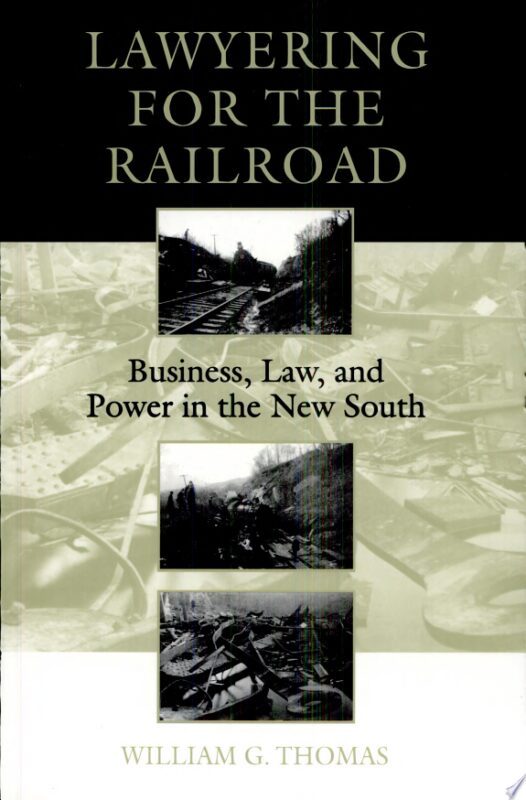INSTRUCTION + DEFINITIONS
Michael Sean Quinn*
Often in written discovery in lawsuits (civil actions), one sees interrogatories (questions seeking written and sworn answers) (aka “Rogs”) and requests for production (requests that the requestor be provided with or be given access to documents, electronically stored data, and things of interest)(aka RqPs). A little less often one sees requests for admission by means of which a requester is asking the recipient to admit that a proposition is true (“RqAdm”).
Frequently, Rogs and RqPs are accompanied by sets of instructions (aka “Ins”) and/or definitions (“Dfs”). For obvious reasons, one sees many fewer of these adornments when it comes to RqAdms.
Often the Ins are are elaborate are elaborate, and the definition are as well. Sometimes the Dfs are exceedingly complex. I have seen definitions of the term “document” which are half a page long when single spaced. I have been subjected to definitions of the term “documents” which contained very obscure term the meaning of which I did not know but were not themselves defined.
Sometimes I wonder what’s going on. Ordinary lawsuits usually go forward using ordinary language used in ordinary ways. Highly technical lawsuits (computer engineering malpractice, for example) may require definitions.* Even then the definition may not be stimulative, I suspect, but must be squarely linked to how the tech term being defined is used in the industry. (Or, if there is a disagreement as to how a term is used in the industry–and therefore what it means–the requestor has to pick one of them for usage, or provide a way to the requestee to signal which usage he is using.)
(*Speaking of definition, it is a good idea to remember that there are all sorts of areas where “technical” does not refer to computer, cyber, digital, etc., activities, although the phrase “hi tech” appears to have come to refer to facts, events, people, activities, and technologies computerized realm.)
So what else might be going on? For one thing, lawyers are always worried about waiving something, so they thrown in everything they can think of to avoid error and embarrassment.
For another, some lawyers take pleasure in showing off; complex definition etc. are a way to do that. I knew a young lawyer once who bragged about how much time he took and how delightful it was to make his definition of “Definitions” more and more complex. I asked him why he too so much pleasure in this when it would not actually have any effect? He replied simply, “Because I love doing it and I thrill in its complexity.”
A related but third reason is that some lawyers enjoy unnerving, lording over, scaring, disconcerting, worrying, and/or torturing other lawyers, and complex instructions and definitions will do that sometimes.
A fourth reason for action is to raise fees. “If I formulate and use a complex definition, I can raise my fees. It will also make depositions longer, so–again–fees go up. (There is an irony here and an ethical danger. Long complex Is and Dfs are often repeatedly used forms. It is unethical to charge a client any more for the use of a form than it takes to do two clicks on the computer. Moreover, often the forms are too broad or “other case directed” than the case at hand. This fact is often quite obvious when reading the, say, Df carefully, and it indicates that the lawyer is either a robot or a person who is not paying attention.)
A fifth reason is “Everyone does things that way, so I must do it that way too.”
Of course, all of these reasons can go–be used–together. Or not.
Interestingly, the use of Is and Dfs is not mandated by received rules of civil procedure (e.g., Federal, e.g., Texas). It is not even clear to me that they are authorized. Then again, no prominent widely respected or controlling cases forbid their use either.
For the most part, lawyers ignore Is and Dfs that are not obviously sensible and/or applicable. I wonder if there are other appropriate responses.
(1) Of course, one could object to them. But what good does that do?
(2) One might move to strike them, but that takes a motion, a brief, and a hearing, and that adds up some time and therefore money.
(3) Another alternative is not to object to them but to reject the requestor’s right them on the grounds that they are not prescribed or mandated by the Rules of Civil Procedure, or by a relevant part of such a set of rules. This does not strike me as an objection to and I or a Df. Instead it is a rejection of the requester’s entitlement to use them on the grounds that it is not a prescribed component of the process.
It would be nice and neat–indeed, it might save clients money–if there were an established principle of discovery which would go something like this. (i) No instructions are permitted unless they are obviously needed to get the question answered or get the production done timely and at and commonsensical level. (ii) No definitions are permitted unless it is necessary to utilize them for a term which do not have an established usage in ordinary language.
Of course, the parties would be free to come to an agreement as to a shared definition, so long as it was written and usable by a trier of fact, and the tribunal would have discretion to prescribe the use of a given definition upon a showing of actual need.
It might even be a good idea to throw in the idea that definitions may not be used if they do not served the ends of justice or if they tend to impede the achievement of justice.
*Michael Sean Quinn, Ph.D, J.D., Etc.
Law Office of Michael Sean Quinn
Law Office of Michael Sean Quinn
1300 West Lynn #208
Austin, Texas 78703
(o)(c) 512-656-0503





Recent Comments